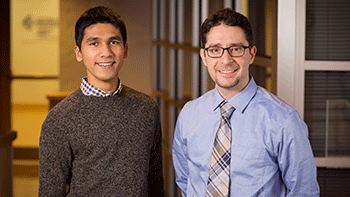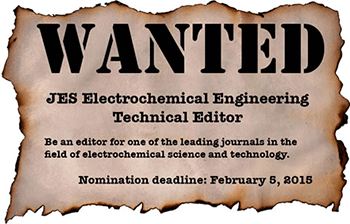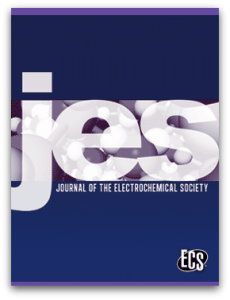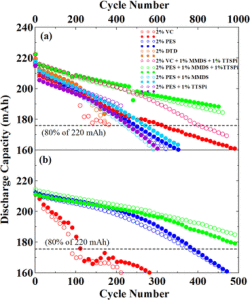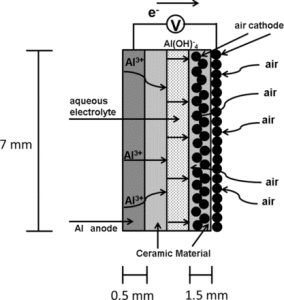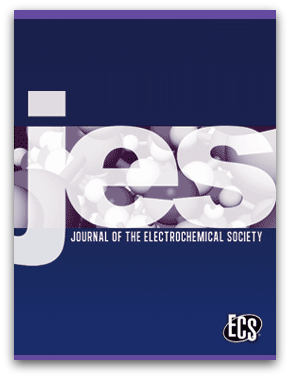 Deadline: June 15, 2016
Deadline: June 15, 2016
ECS is seeking to fill the position of Technical Editor of the Physical and Analytical Electrochemistry, Electrocatalysis, and Photoelectrochemistry Topical Interest Area for the Journal of The Electrochemical Society.
The Physical and Analytical Electrochemistry, Electrocatalysis, and Photoelectrochemistry (PAEEP) Topical Interest Area (TIA) includes fundamental aspects of interfacial science and electroanalytical chemistry. Specific topics include double layer theory and experiments, theoretical and experimental aspects of electrocatalysis, in situ spectroscopy, photoelectrochemical cells, scanning probe microscopy, and X-ray and electron microscopy methods.
The Journal of The Electrochemical Society (JES) has been in existence since 1902. Along with the ECS Journal of Solid State Science and Technology (JSS), JES and JSS provide unparalleled opportunities to disseminate basic research and technology results in electrochemical and solid state science and technology. JES and JSS each publish a minimum of 12 regular and focus issues each year. All ECS journals offer Author Choice Open Access.
ECS maintains 13 TIAs, and there is one Technical Editor for each TIA, supported by Associate Editors and an Editorial Advisory Board. Technical Editors for the ECS journals ensure the publication of original, significant, well-documented, peer-reviewed articles that meet the objectives of the relevant journal, and are within the scope of the Society’s TIAs.
Read the full description of the position and contact ECS Deputy Executive Director & Publisher Mary Yess if you would like to be considered or recommend someone for the position.


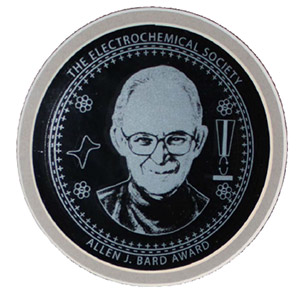 The Electrochemical Society founded the
The Electrochemical Society founded the 